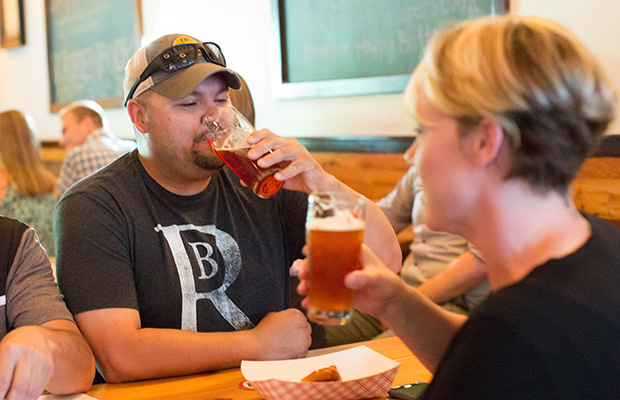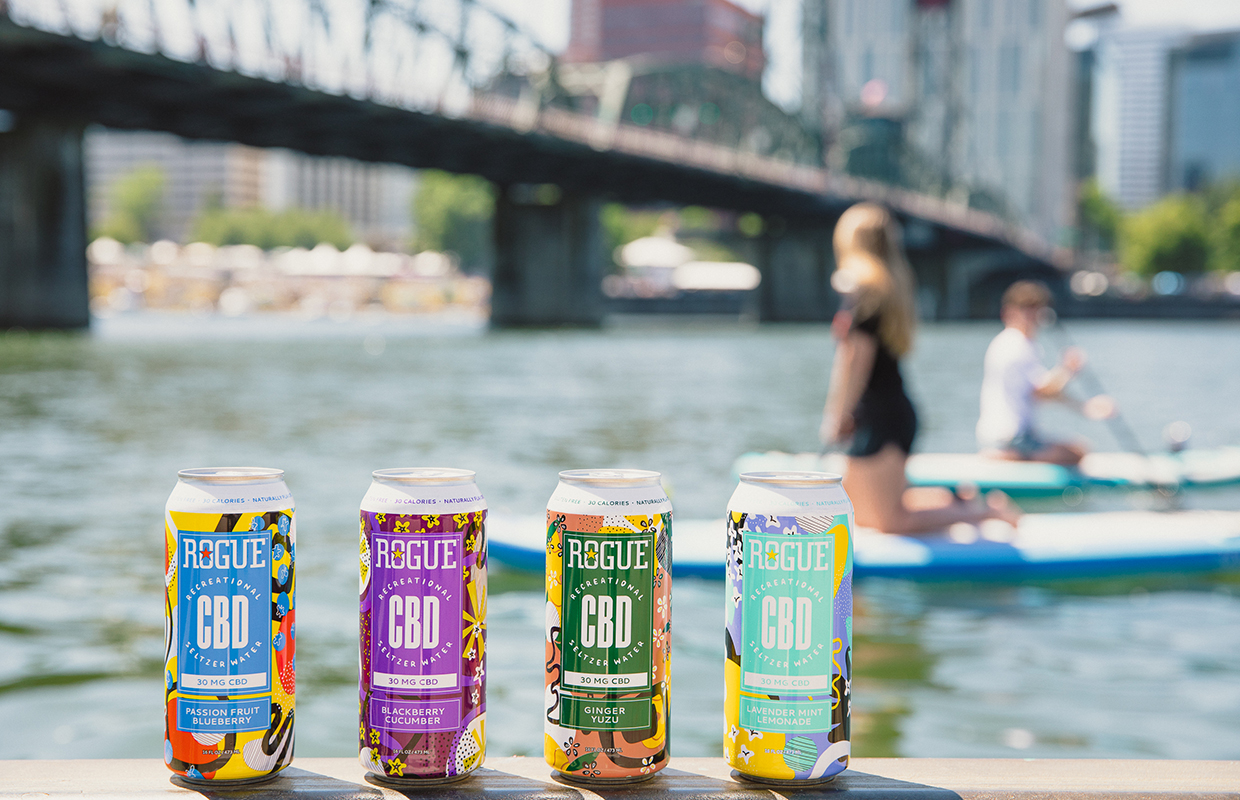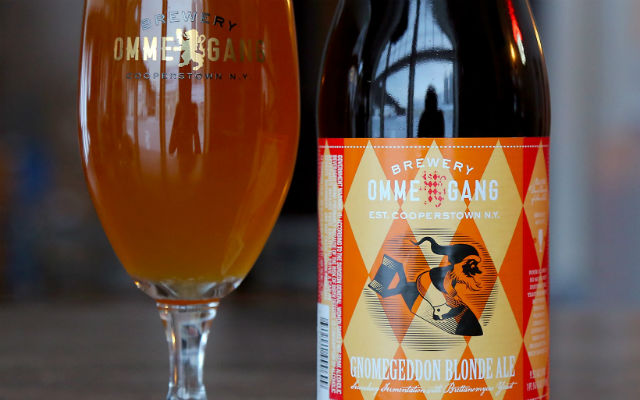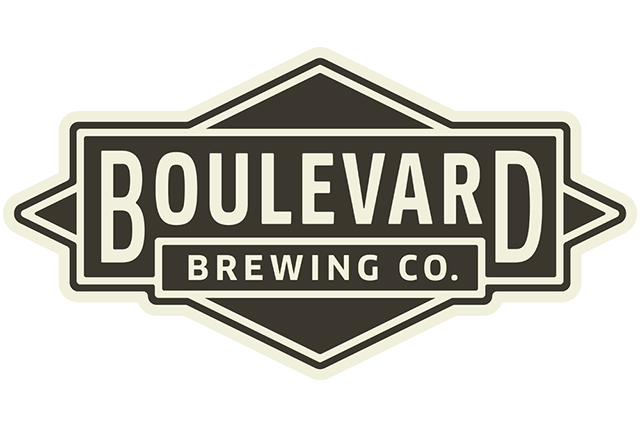
Beer consumption has always provided insights into shifts in demographic preferences and brand marketing. A new study conducted to measure brand preference based on demographics sought to identify trends in the beer industry. It found that Baby Boomers did not pass their own beer brand loyalties down to their Millennial children.
The study, published in the current edition of the INFORMS journal Marketing Science is called “Millennials and the Takeoff of Craft Brands: Preference Formation in the U.S. Beer Industry.” It is authored by researchers from Tilburg University in the Netherlands and the Centre for Economic and Policy Research in London; the University of Chicago and the National Bureau of Economic Research; and the University of Texas.
“We found that the differences between Millennials’ brand preferences when it comes to beer are based on their own experiences and broader range of choices when compared to members of the Generation X and Baby Boomer cohorts who did not ‘grow up’ with the same number of choices,” said the researchers. “Older generations built their brand preferences on the limited choices they had, which consisted primarily of brands sold by the major national consumer packaged goods companies.”
The researchers found that because Millennials came of age as beer consumers when craft beer emerged on the scene, they were more open to try and build brand loyalties around smaller, lesser known and more diverse brands. As this younger demographic built more fragmented loyalties among craft beer and smaller beer brands, the larger national beer brands saw a decline in market share specifically in this younger demographic.
“In our own case study of the changes in the beer industry, we saw a striking generational share gap with half (50 percent) of older millennials (25-34 year-olds) drinking craft beer, in contrast to 36 percent of U.S. consumers overall,” said the researchers. “Millennials may value the perception of higher quality for craft beer since our study found 43 percent of Millennial and Generation X consumers said craft beer tastes better than the national brands. This was in contrast to only 32 percent of Baby Boomers who felt the same way.”
The researchers studied the geographic differences in the timing and speed of the availability of new craft beers based on location, and they assembled a novel database from various industry sources that tracked the history of all craft beer brands sold in the U.S. They used the unique universal product code (UPC) for tracking.
“For each UPC, we observed the product attributes, including beer style and alcohol content, launch date and location of the brewer, and the eligibility of each brewery for official ‘craft’ designation going back to the 1970s when the first craft brewers entered the market,” said the researchers. “We were able to match this beer census with the Nielsen-Kilts Homescan database (HMS), containing the 2004-2018 purchase activity for a national representative sampling of more than 100,000 U.S. households.”
The researchers found that during that period, the craft beer segment collectively increased from 5.3 percent in 2004 to 20 percent in 2018. In 2018, Millennials accounted for 20 percent of total craft beer sales and allocated 34 percent of their beer spending to craft bands. This was 14 percent higher than the 20 percent Baby Boomers allocated.





Be the first to comment